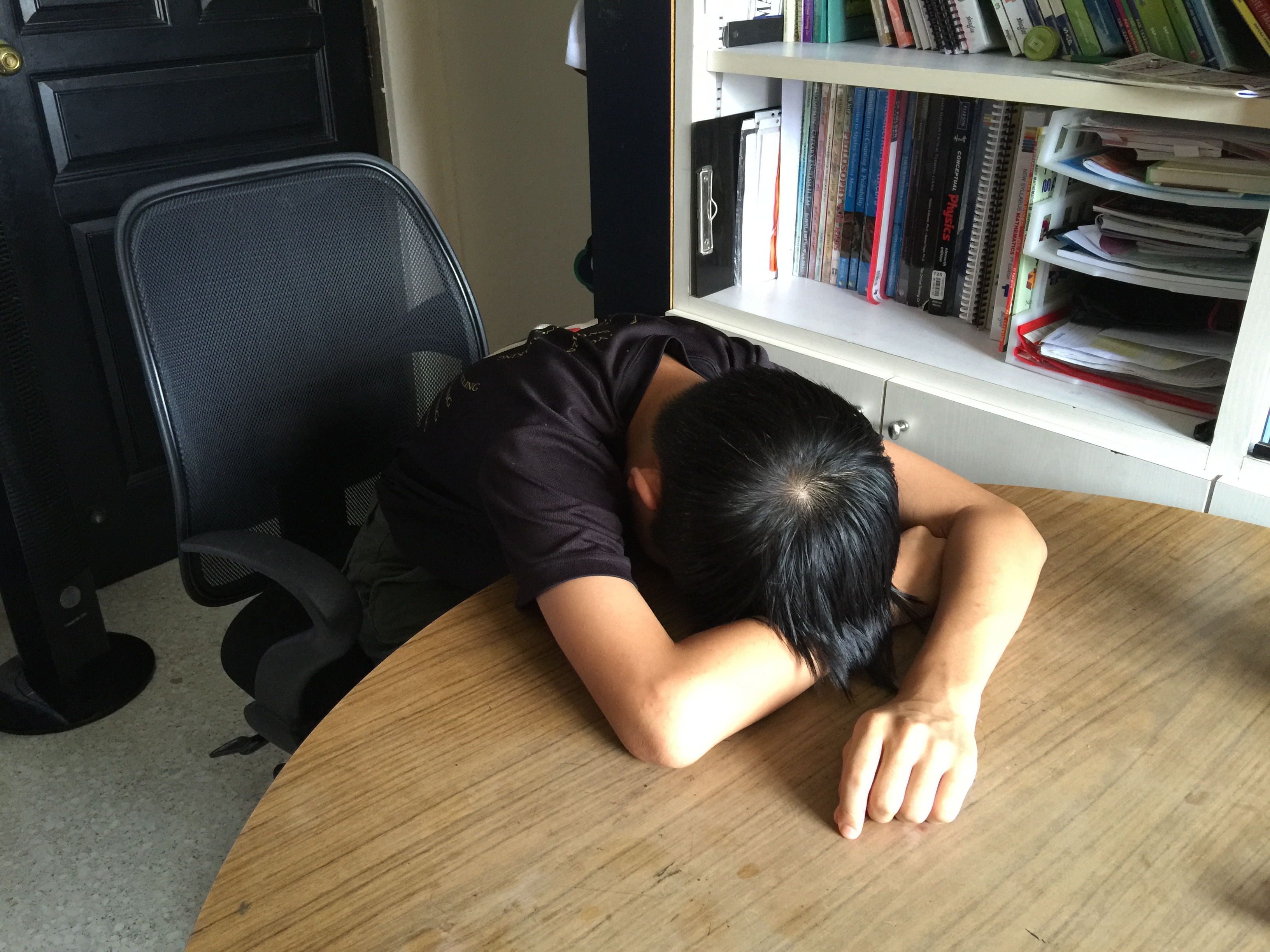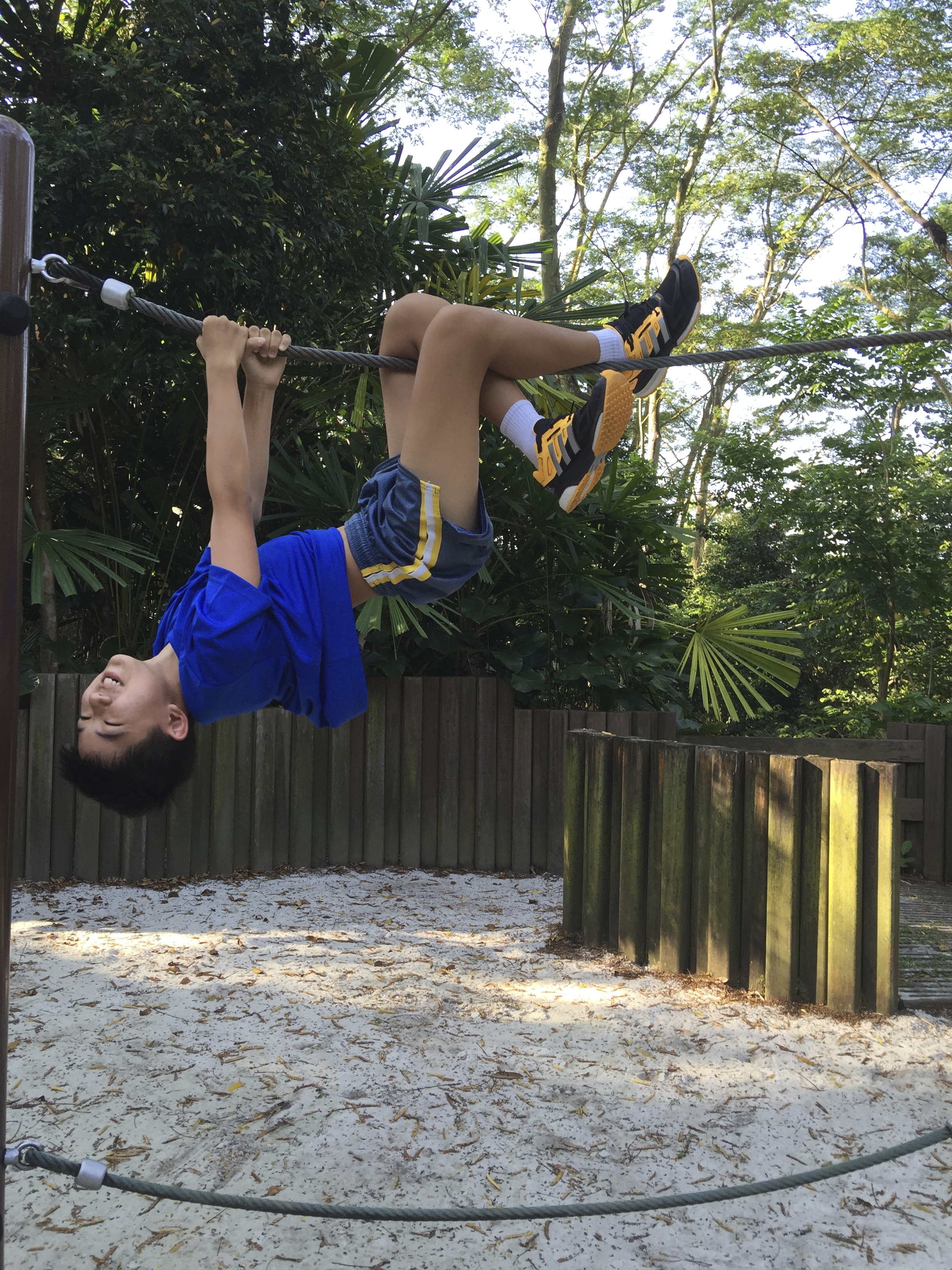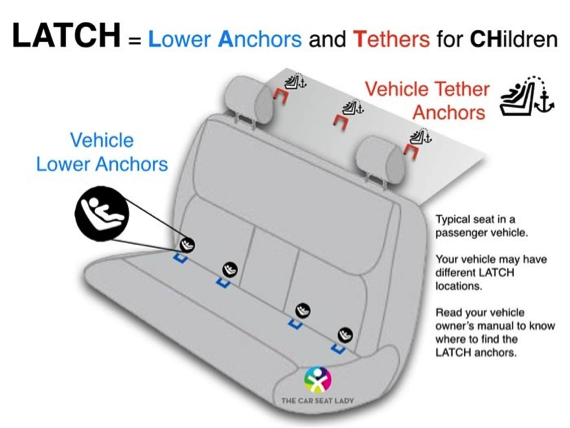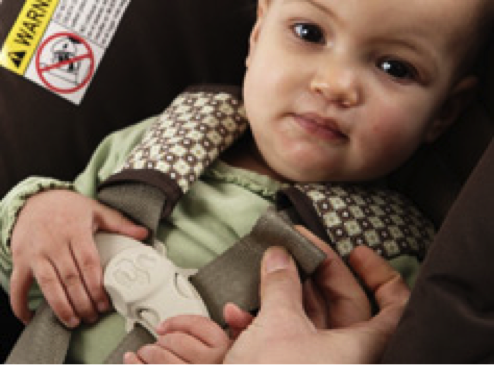Has your child become more withdrawn or turned more aggressive and violent? Has he become increasingly whiny, clingy or dependent? Has he, on a regular basis, resisted going to school? Does he constantly complain of headaches or stomachaches?
If your answer to any of the above questions is “yes”, chances are your child COULD BE going through a depressive episode. Statistics show that about 1 in 5 children go through a depressive episode while growing up. Teens, unfortunately, suffer higher rates of depression compared to younger children.
Before we go any further, let us first understand what depression is and what this post aims to achieve.
What Is Depression?
Clinically, depression is a sustained depressed mood. It is not an occasional sadness or depressed mood that most of us feel from time to time. Most depression lasts between 7-9 months, though in some cases, it could last for years.
Depression is typically accompanied not only by a feeling of sadness, but also a loss of interest in most activities or a sense of unworthiness and/or guilt. In more severe cases, frequent thoughts of deaths/suicides occur.
The psychological state of depression is typically manifested physically as constant fatigue or physical aches, sudden changes in sleep patterns as well as sudden weight loss/gain. In severe cases, attempts at suicide are also committed.
This Post Does Not Offer Medical Advice
This post is NOT intended to offer medical advice on depression as I have neither the medical knowledge nor expertise to do that. Should your child suffer from prolong or severe depression, my advice would be for you to seek medical intervention for your child immediately.
If you aren’t sure if your child is suffering from depression but you feel that something is amiss, I’d strongly encourage you to seek medical advice nonetheless. It might well be the case that your child needs medical intervention and/or counseling. When it comes to the well-being of our children, it is always better to be safe than sorry.
So if I am not dealing with the medical intervention of depression, what then is this post about?
What We Can Do To Help Our Children
My aim is to share with adults (parents and teachers) strategies we can use when our children exhibit depressive symptoms, with the assumption that medical advice has been sought. As the adults who have the most interaction with our children, both parents and teachers play significant roles in making or breaking our children.
Regardless of whether our children are going through a depressive phase or suffering from an actual full blown case of depression, there are many things we can do to support them. I believe that given the right support, our children can get out of that state more easily. So what can we do to elevate their feelings?
1) Show Them Love and Support
The first thing we can do is to show our children love and support.
Talk to them and let them know without a doubt that they are NOT alone. Many times, children feel depressed when they think they are alone in dealing with their problems, when they think no one cares, or when they feel unsupported. Letting our children know we are with them always, especially through bad times, is a significant boost to their morale and confidence.
Be available to listen to them and resist giving them advice. Let them work out their emotions and feelings, allow them to get things off their chests.
Just by being there for them, showing them we love them and that we will always support them will help them climb out of the darkness more quickly and easily.
2) Accept Our Children For Who They Are
Acceptance is key to letting our children feel they are worthy. They do not feel the need to be someone else. They do not feel they have to be perfect.
Accepting our children for who they are does not mean we just let them be and allow them to run wild without guidance. That would be irresponsible of us.
Instead, accepting our children means we love them with their strengths AND we love them with their limitations. It means loving them with their flaws and all.
As responsible parents and teachers, we can and should help our children gradually strengthen themselves and overcome limitations. But our children should at no time feel unworthy because they are imperfect.
Our love is not conditional upon them overcoming their limitations.
3) Reduce Stressors In Our Children’s Lives
Many times, especially when our children become teens, they encounter so much stress it becomes unbearable. It can be made worse if parents and teachers pile on so much expectations on them that the latter can hardly breathe.
When our children struggle to perform under stress and find themselves failing or not doing as well as expected, feelings of self doubt or unworthiness could creep up. Left to fester, it could lead to severe depression.
When we sense that our children are under too much pressure and they begin to show signs of depression, one of the best things we can do is to remove as many stressors as possible. That could mean reducing the number of enrichment programs or assignments. It could also mean laying off well-intentioned “scoldings”. It could also mean giving more free time for our children to relax and regroup.
As the Chinese saying goes, “Rest is necessary for a long journey.” There is absolutely nothing wrong with rest. It is ok to have free time throughout the day to idle and recuperate. We do not have to pack every single moment of our children with enrichment, practice or homework.
When we allow our children downtime daily, yes DAILY, they will be able to unwind and de-stress themselves. That way, any stress our children feel have a chance to dissipate and they won’t feel bogged down emotionally and psychologically. That will result in them have a better mental health and not be susceptible to depression.
Conclusion
Depression is on the rise amongst children, and more notably, in teens. As parents and teachers, we can do our part to alleviate the problem by showing unconditional love for, unwavering support to and total acceptance of our children.
When we are sensitive to our children, we will be mindful not to load them with excessive stress and we will be gentler in our interactions with them. When our children feel love, supported and accepted, they will thrive. And given enough breathing room, they will blossom.
Are you willing to give your children room to grow and bloom?
– Vivian –






